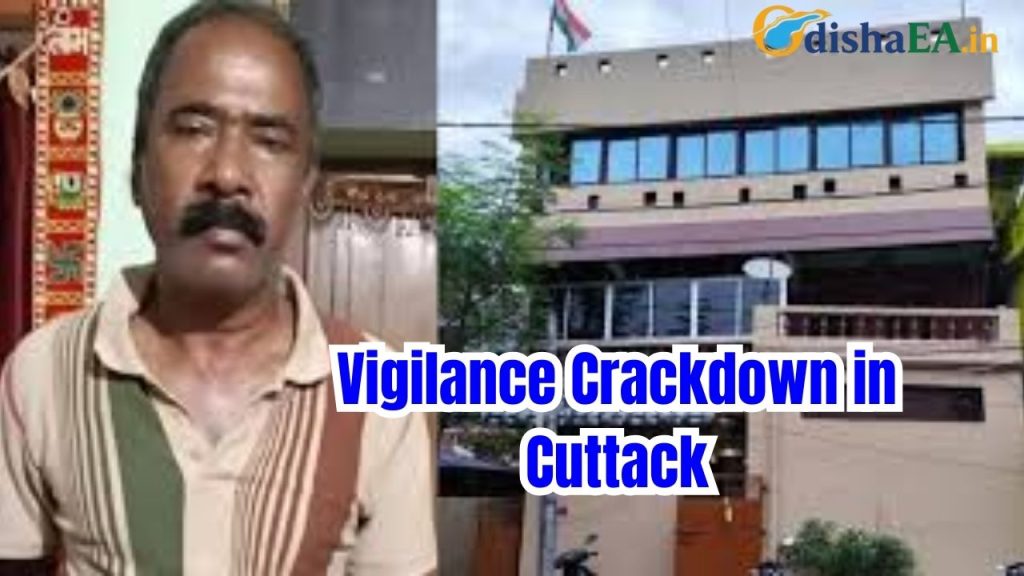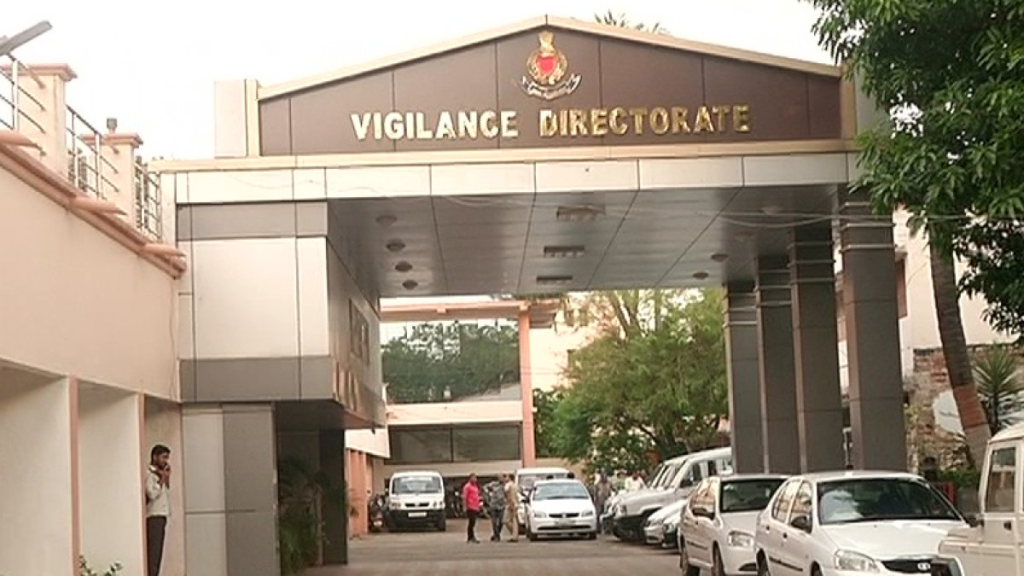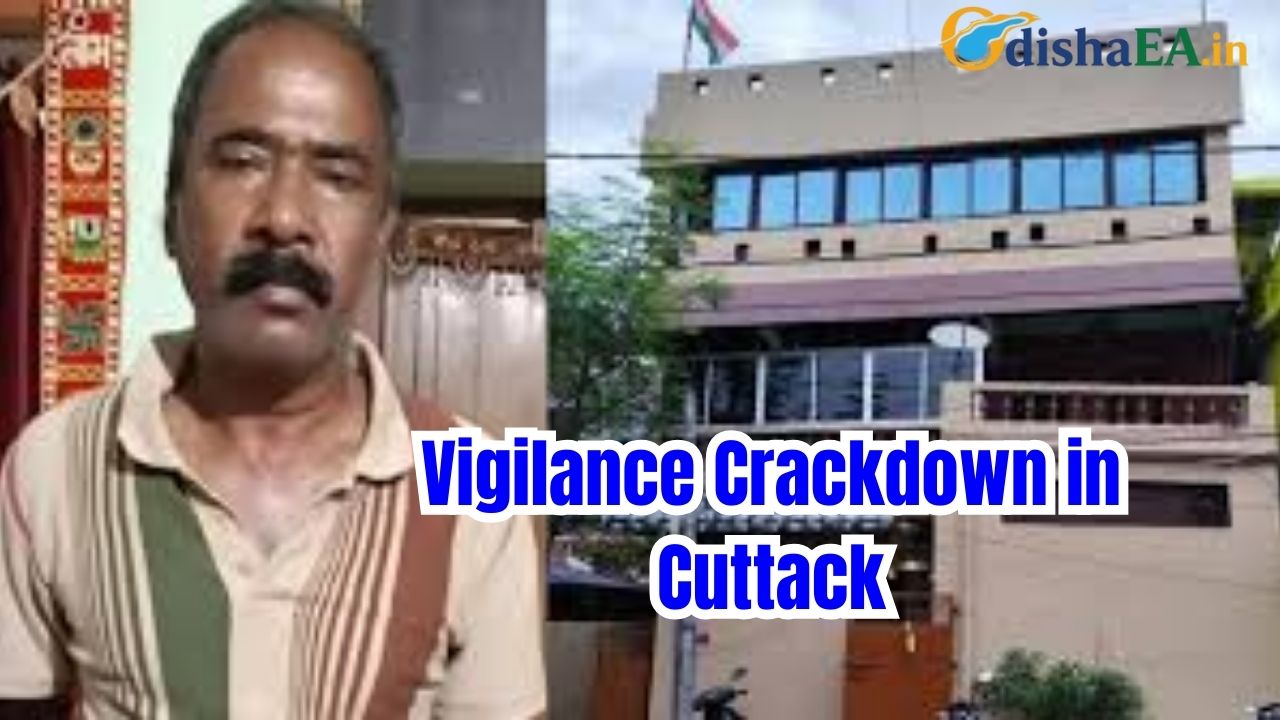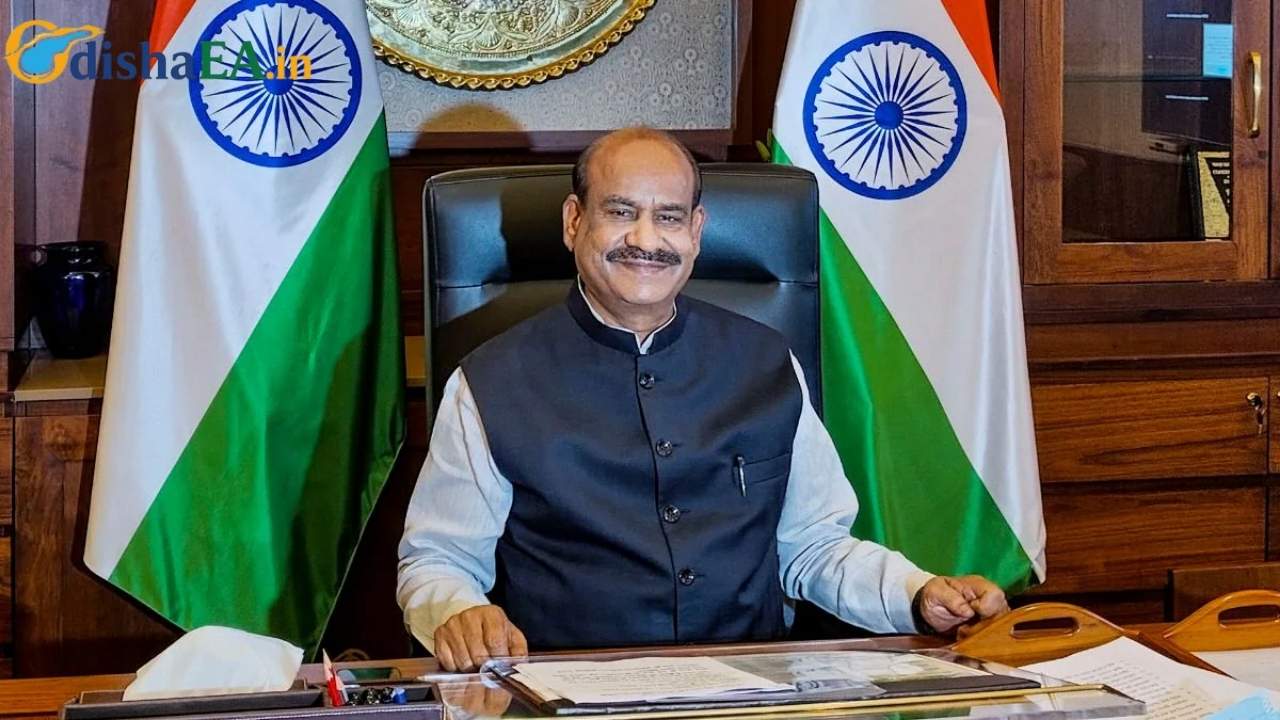In a dramatic turn of events in Cuttack, Odisha, vigilance officials have launched a massive crackdown, uncovering the vast wealth of a hospital staff member accused of misappropriating over ₹1.24 crore in government funds. The investigation has sparked a fresh wave of concern about corruption and mismanagement within the public healthcare system in the state.
This high-profile case involves Kishore Kumar Sahani, a Senior Assistant at the City Hospital under the Chief District Medical Officer’s office. He is accused of accumulating assets far beyond his legitimate income, leading to a wide-reaching investigation by the Odisha Vigilance Department.

In this article, we will break down the full story behind this crackdown, how the investigation unfolded, and why it matters for healthcare workers and government employees alike. Whether you’re a local, healthcare worker, or simply interested in public administration, understanding this case could provide valuable insights into how vigilance operates in India.
Vigilance Crackdown in Cuttack
| Key Detail | Information |
|---|---|
| Accused Name | Kishore Kumar Sahani |
| Position | Senior Assistant at Cuttack City Hospital |
| Amount Misappropriated | ₹1.24 crore |
| Assets Seized | Residential building, poultry farm, 19 plots, ₹3.5L cash, Hyundai Santro, 135g gold |
| Investigation Led By | Odisha Vigilance Department |
| Date of Raid | August 22, 2025 |
| Locations Raided | 5 locations connected to Sahani |
| Seized Documents | Bank passbooks, bonds, and other financial papers |
| Official Odisha Vigilance Website | For further updates on the investigation |
The ongoing case against Kishore Kumar Sahani highlights the importance of vigilance and transparency in government operations. Public employees, particularly in sensitive sectors like healthcare, must understand the significance of maintaining ethical financial practices and keeping their assets within their means. The Odisha Vigilance Department’s investigation is a step toward ensuring public trust and safeguarding public resources from misuse.
By staying aware of these issues and practicing ethical behavior, public servants can protect their careers and contribute to a fair and just society.
Context: What Led to the Crackdown?
On August 22, 2025, vigilance officers carried out simultaneous raids across five different locations tied to Kishore Kumar Sahani. This was part of an ongoing investigation into accusations of disproportionate assets linked to his tenure as a Senior Assistant. Sahani, who began his government service in 1997 under a rehabilitation scheme, had a fairly normal career path until his promotion in 2016.

What Is Disproportionate Assets?
Disproportionate assets refer to properties, money, or valuables owned by a public servant or government employee that far exceed their legitimate income and sources of wealth. In this case, Sahani’s assets were found to be far above what his declared earnings and salary could support, raising serious questions about corruption.
How Much Wealth Was Seized?
The Odisha Vigilance Department discovered that Sahani owned a triple-storey residential building in Jobra Nuasahi, Cuttack, spanning 2,500 square feet. Additionally, he held another property with a poultry farm spread over 2.5 acres in Palasia, Choudwar, Cuttack.
Furthermore, authorities found 19 high-value plots scattered across Cuttack and its surrounding areas. If you think that’s wild, the investigation uncovered more personal assets: ₹3.5 lakh in cash, gold ornaments worth 135 grams, and even a Hyundai Santro car and three two-wheelers. To make things even more concerning, there were bank deposits amounting to ₹44.46 lakh.
How Did the Investigation Unfold?
The investigation was carried out by a well-coordinated team of vigilance officers. Nine Deputy Superintendents of Police, ten Inspectors, and seven Assistant Sub-Inspectors, along with other supporting staff, were involved in executing search warrants issued by the Special Judge, Vigilance. The entire operation was focused on uncovering the financial irregularities tied to Sahani’s assets.
Why Is This Case Important?
This investigation sheds light on two critical issues:
- Corruption in the Public Sector: This case serves as a reminder that corruption can often go unnoticed for years, and public servants in positions of trust may misuse that power for personal gain.
- Vigilance and Transparency: The case highlights how vigilance bodies are working hard to hold people accountable, particularly in the public healthcare sector. As taxpayers, it’s essential to know how the government is using resources and to ensure that public funds are spent wisely and for the right reasons.
Practical Advice for Public Employees
If you’re a public servant, especially in the healthcare sector, this case offers some key takeaways on the importance of transparency and accountability in your work.
- Understand Your Financial Limits: Public servants must ensure that their income aligns with their assets. Anything beyond what’s reasonable may raise suspicion and lead to an investigation, even if you’re not involved in illegal activities.
- Stay Transparent: Keep all your financial records up to date. Public employees are often scrutinized, and staying transparent about your wealth can protect you in the long run.
- Report Discrepancies: If you notice any suspicious activities or discrepancies in your workplace or department, it’s crucial to report them. This helps keep the system in check and prevents future cases of misappropriation.
- Be Cautious with Personal Investments: The investigation into Sahani’s case showed that some of his assets, such as poultry farms and land, were highly lucrative investments. If you’re investing in real estate or business ventures, make sure your sources of income are well-documented and legally sound.
What Happens Next?
At the time of writing, the investigation is ongoing, and further details are expected to emerge. As of now, Sahani’s assets have been seized as part of the investigation, and authorities are delving deeper into his financial history. If found guilty, Sahani could face severe penalties, including the confiscation of his properties and criminal charges.
For now, the Odisha Vigilance Department continues to uphold its commitment to tackling corruption and ensuring that public servants are held to the highest standards of integrity. The authorities are likely to increase their focus on auditing government employees across the state to prevent similar cases from occurring.
Sambalpur Drug Lab Official in Disproportionate Assets Storm as Vigilance Searches 7 Locations
Vigilance Raids Reveal Crores in Cash, Gold, and Silver at Jeypore Officer’s Property
FAQs
1. What is Vigilance in India?
Vigilance in India refers to the monitoring and investigation of corruption, fraud, and misuse of power by public servants. The Vigilance Department investigates financial irregularities and ensures government funds are used appropriately.
2. How Can I Protect Myself from Being Accused of Misappropriation?
Public servants should maintain proper records of their income and assets. They must ensure that their wealth aligns with their legal sources of income and report any discrepancies.
3. What Happens If a Government Official Is Found Guilty of Misappropriation?
If found guilty, a government official may face criminal charges, the confiscation of their assets, and may even lose their job. Additionally, they could be banned from holding any future public positions.
4. What Steps Is the Vigilance Department Taking?
The Vigilance Department conducts raids, audits, and investigations to track down corruption and irregularities. Their efforts ensure transparency and accountability in the public sector.





